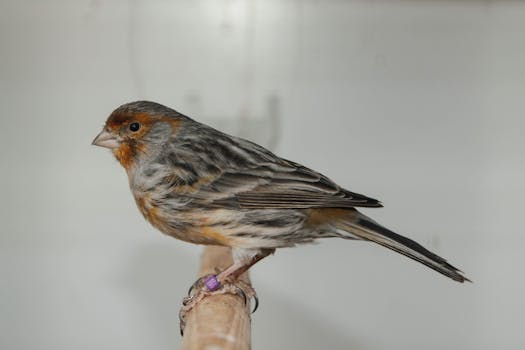-
Table of Contents
- The Factors of Soil Formation: What Makes Soil?
- Factors of Soil Formation
- Parent Material
- Climate
- Organisms
- Topography
- Time
- Which One of the Following is Not a Factor of Soil Formation?
- Organisms
- Conclusion
- Q&A
- Q: Why are organisms not considered a primary factor of soil formation?
- Q: How do organisms interact with other factors to influence soil formation?
- Q: What would happen if organisms were removed from the soil formation process?
- Q: Can organisms accelerate the process of soil formation?
- Q: How can we protect and enhance the role of organisms in soil formation?

Soil is a complex and dynamic natural resource that plays a crucial role in supporting life on Earth. It is the foundation of agriculture, providing nutrients and water for plants to grow. Soil formation is a process that occurs over thousands of years, influenced by various factors. In this article, we will explore the factors of soil formation and identify which one of the following is not a factor of soil formation.
Factors of Soil Formation
There are five primary factors that influence soil formation:
- Parent Material
- Climate
- Organisms
- Topography
- Time
Parent Material
The parent material is the underlying geological material from which soil is formed. It can be rock, sediment, or organic material. The composition of the parent material determines the mineral content and texture of the soil.
Climate
Climate plays a significant role in soil formation. Temperature and precipitation influence the rate of weathering and erosion, which in turn affect the development of soil. For example, warm and wet climates promote faster weathering, leading to the formation of deep, fertile soils.
Organisms
Organisms, such as plants, animals, and microorganisms, play a crucial role in soil formation. They contribute organic matter to the soil through decomposition, which enriches the soil with nutrients. The activity of organisms also helps to aerate the soil and improve its structure.
Topography
Topography refers to the physical features of the landscape, such as slope and elevation. These factors influence the drainage and erosion of soil, as well as the distribution of nutrients. Steep slopes may lead to soil erosion, while flat areas may accumulate water and nutrients.
Time
Time is a critical factor in soil formation. It takes thousands of years for soil to develop from parent material through the processes of weathering, erosion, and deposition. The longer a soil has been forming, the more developed and mature it becomes.
Which One of the Following is Not a Factor of Soil Formation?
Out of the five factors of soil formation mentioned above, one of them stands out as not directly influencing the formation of soil. That factor is:
Organisms
While organisms play a crucial role in soil formation by contributing organic matter and improving soil structure, they are not considered a primary factor in the formation of soil. Organisms are more of a secondary factor that interacts with the other primary factors to influence soil development.
For example, plants can help break down rocks through their roots, contributing to weathering. Microorganisms can decompose organic matter, releasing nutrients into the soil. However, without the presence of parent material, climate, topography, and time, soil formation would not occur.
Conclusion
Soil formation is a complex process influenced by multiple factors. While organisms play a crucial role in enriching and improving soil, they are not considered a primary factor in soil formation. Understanding the interplay of parent material, climate, topography, and time is essential for managing and conserving this vital resource.
Q&A
Q: Why are organisms not considered a primary factor of soil formation?
A: Organisms contribute to soil formation by adding organic matter and improving soil structure, but they rely on other factors such as parent material, climate, topography, and time to create soil.
Q: How do organisms interact with other factors to influence soil formation?
A: Organisms interact with parent material by breaking down rocks, with climate by decomposing organic matter, with topography by aerating the soil, and with time by contributing to soil development.
Q: What would happen if organisms were removed from the soil formation process?
A: Without organisms, the soil would lack organic matter, nutrients, and structure, making it less fertile and less able to support plant growth. Soil formation would be slower and less efficient without the contributions of organisms.
Q: Can organisms accelerate the process of soil formation?
A: Yes, organisms can accelerate soil formation by speeding up the decomposition of organic matter, enhancing nutrient cycling, and improving soil structure. Their activities can help create more fertile and productive soils.
Q: How can we protect and enhance the role of organisms in soil formation?
A: To protect and enhance the role of organisms in soil formation, we can promote sustainable agricultural practices, reduce chemical inputs, and increase biodiversity in agricultural landscapes. By supporting healthy soil ecosystems, we can ensure the continued formation of fertile soils.






